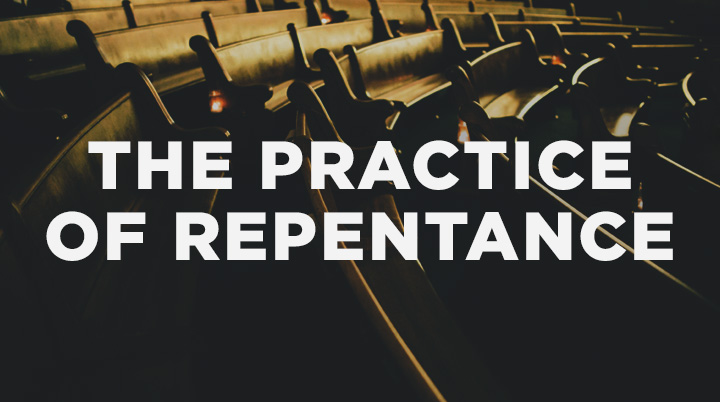Latest
-
Objections to the Christian Faith from the Unchurched and De-Churched
 Tue Dec 02, 2014
Tue Dec 02, 2014
by Resurgence -
Craig Groeschel: We Innovate for Jesus
 Tue Oct 14, 2014
Tue Oct 14, 2014
by Resurgence -
Mark Driscoll: Revelation
 Tue Oct 07, 2014
Tue Oct 07, 2014
by Resurgence -
RESURGENCE LEADERSHIP #034: JOHN PIPER, WHY I TRUST THE SCRIPTURES, PART 2
 Tue Sep 30, 2014
Tue Sep 30, 2014
by Resurgence -
Resurgence Leadership #033: John Piper, Why I Trust the Scriptures, Part 1
 Tue Sep 23, 2014
Tue Sep 23, 2014
by Resurgence

Archives
The Practice of Repentance

Most of us don’t naturally enjoy repenting when we’re wrong, but for leaders especially, repentance is a powerful, essential, and liberating practice.
Sometimes, you are wrong. It is possibly the most difficult and sanctifying moment we all face on a regular basis throughout our lives.
If we are honest, these moments are a deep struggle, and repentance is not something most of us naturally get excited about. But if we are going to have healthy community and not quit every relationship we have when something goes wrong, we have to make a choice to be men and women who embrace and grow at learning to repent and forgive.
“Repent” is often heard in our minds as a condemning, impersonal, and at times shaming experience. We fail to grasp that the call to repent is a sweet invitation to have more grace, more mercy, and ultimately more happiness than if we remain in our sin. Leaving our sin behind does not lessen us, but restores us and empowers us to be who God has made us to be.
Repentance is not something most of us naturally get excited about.
For most, practicing repentance will not come easy, but it will also be one of the surest signs that we are gospel-centered. Repentance shows we believe that we continually need grace and that Jesus is not done with us.
Trusting the gospel
I have read many leadership books over the years, and none addresses how important repentance is to leading people well. For the Christian who is leading, we must have enough trust in the gospel to not abandon the power of repenting to those we lead.
If you are a husband, some of the most powerful leadership moments you will have are in repenting to your wife. If you are a parent, it will often be in repenting to your kids that the gospel of Jesus becomes most clear. And repenting to your community group—especially if you are the leader—might end up being your most powerful and impactful moments.
The call to repent is a sweet invitation to have more grace, more mercy, and ultimately more happiness.
Repentance does not equal weakness. Rather, it shows to all around us how much we love Jesus more than our sin. The quickest way to change a culture, a church, an organization, a family, a friendship, or a community is through repentance.
Repentance liberates
We often don’t want to confess because we are afraid of the damage it will do to us (1 John 1:9). Yet if we are dead to sin and all of our life is in Christ, repenting will never harm us. We are free to be exactly who God is making us to be.
We are new creations because of the finished work of Jesus (Gal. 2:20). And as new creations we are not defined or condemned by what we have done or what has been done to us. We can put away the fig leaves and enjoy the intimacy with God and each other that we are made for.
Repentance shows to all around us how much we love Jesus more than our sin.
For the Christian, repentance is not something I have to quietly bristle against and avoid, but something I can actively seek out and embrace. It is through repentance that everything changes, and because of this, repentance is not a punishment, but a deep reward of God’s grace.
So who is it that you need to be reconciled to? How can you lead in enriching your community by going first—jumping into the deep end and showing others that it is safe to come clean and not have it all together? It’s not only safe; it’s liberating.